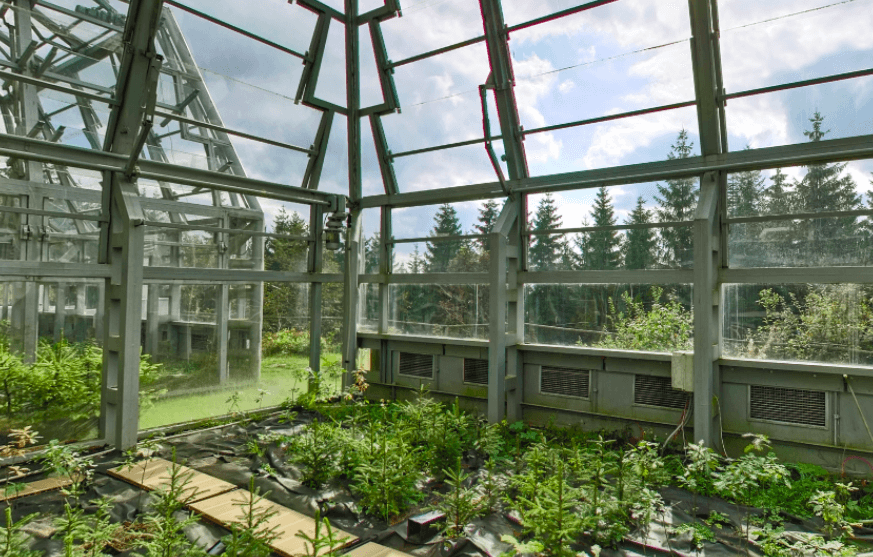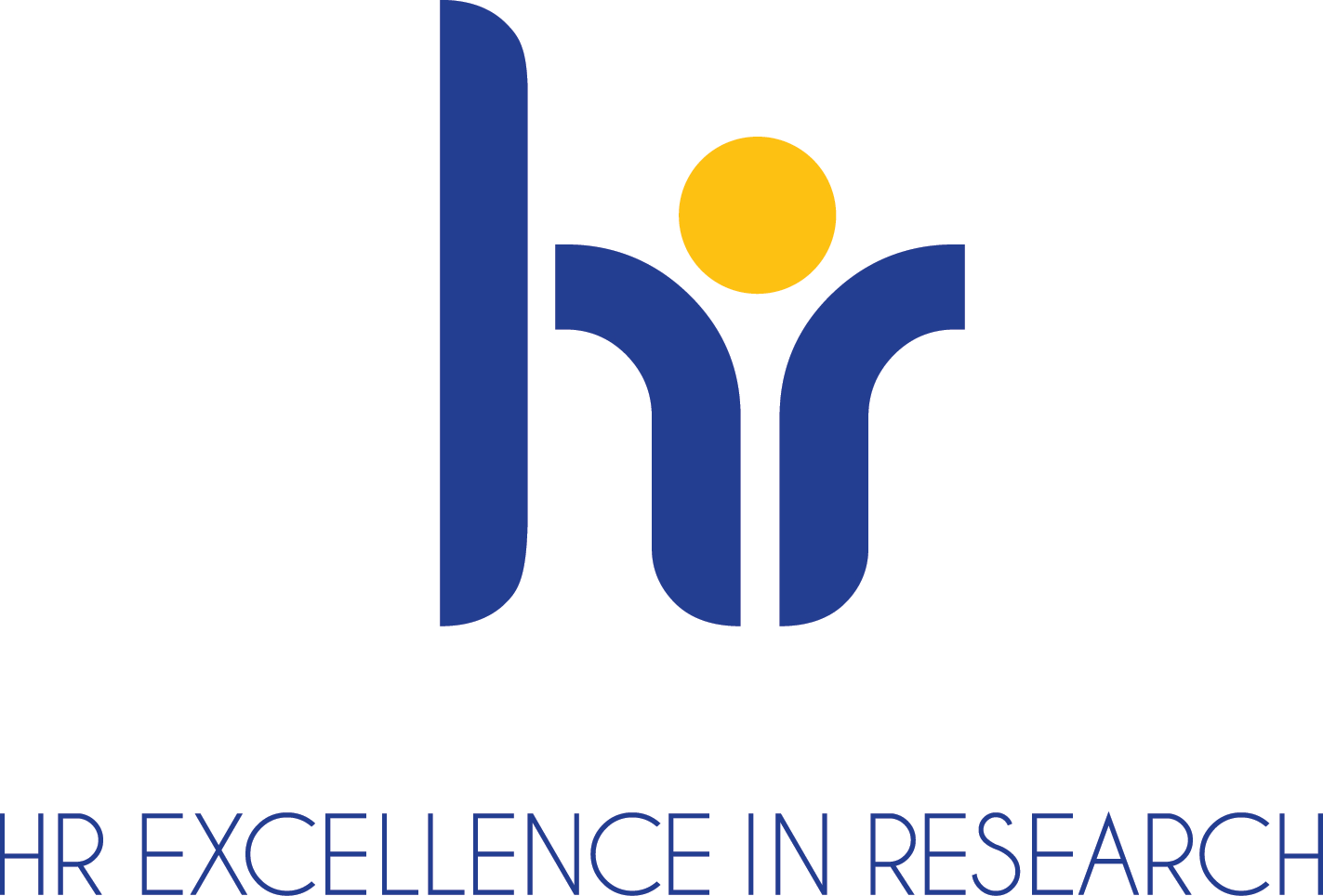PHysically-Based Integrated Soil HEalth Simulation Platform
Recipient: Ústav výzkumu globální změny AV ČR, v. v. i.
Keywords: Soil science, Environment, Pollution & Climate
Annotation of project:
PHISHES aims to bridge the missing link between data on soil health and actions for the safeguard of soils. This missing link entails predictive capability in terms of the consequences of actions on the provision of soil functions and associated ecosystem services, taking into account soil use, soil contamination and various drivers such as climate change. Hence the primary scientific question addressed in PHISHES is: “How do soil use and soil contamination influence soil functions and associated ecosystem services, in the presence of major drivers such as climate change, and how can we predict the impacts of mitigation and adaptation measures?”. While most research teams address this question in a qualitative / semi-quantitative fashion, using, e.g., multicriteria analysis and indicators of soil health, the ambition of PHISHES is to provide quantitative predictive capability via a PHISHES Digital Platform. To achieve this, PHISHES will build upon several pre-existing integrated simulation tools; in particular the MIKE SHE model that provides a flexible framework for integrated hydrologic modelling and the DAISY model, a well-tested mechanistic agro-ecological model of the soil-plant-atmosphere system. The efficient coupling between such models will significantly enhance the ability to assess the impact of changes in land use on soil ecosystem services. It will serve to assess the influence of various actions on soil services; i.e., sustainable agricultural practices (e.g., hedge rows to retain moisture and reduce erosion; no-till agriculture, crop rotation, ...), of land restoration / remediation solutions (e.g., nature-based solutions), pollution prevention solutions, etc. The results of the scenario simulations will be tranlated into recommendations regarding policies aimed at preserving soil health and promoting soil functions and associated ecostem services. The PHISHES consortium brings together competencies from soil science to hydrology and policy making.




